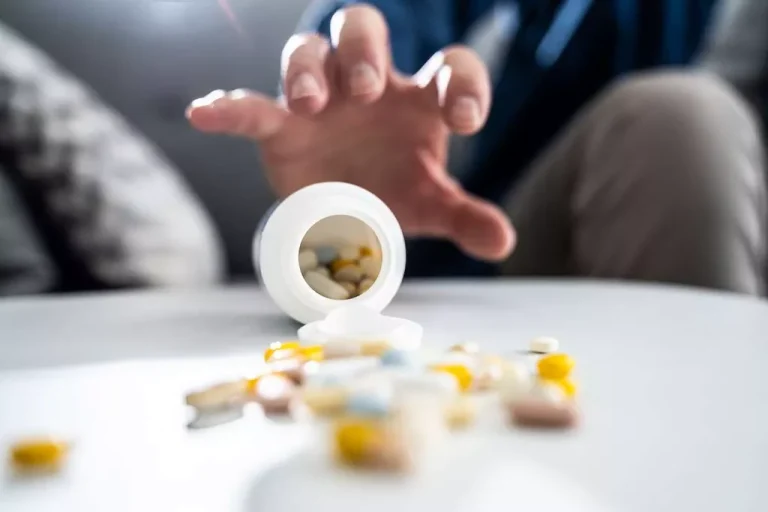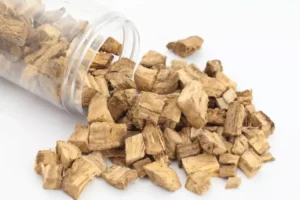Rates and predictors of relapse after natural and treated remission from alcohol use disorders PMC

We publish material that is researched, cited, edited and reviewed by licensed medical professionals. The information we provide is not intended to be a substitute for professional medical advice, diagnosis or treatment. It should not be used in place of the advice of your physician or other qualified healthcare providers. Sleep plays a pivotal role in the recovery process after completing alcohol detox. During detoxification and the early stages of recovery, many individuals experience disrupted sleep patterns, including difficulty falling asleep or staying asleep, which can be challenging to overcome.
- And you’re at greater risk when you try to quit drinking on your own.
- We used a regression-based estimation model [48] and information from baseline and completed follow-ups to impute missing values; as noted earlier, more than 90% of participants completed at least two of the four follow-ups.
The 3 Stages of Relapse
“Sobriety, clarity, and spiritual connectedness feels real good.” In 2018, the Halloween star got very candid about her 10-year addiction to opiates, which began in the late ’80s after a minor plastic surgery “for my hereditary puffy eyes.” The reslt was a prescription that changed her life. Moore, who sought treatment in 2012, thanked two unnamed people she “barely knew” for delivering something of an ultimatum to her to turn her life around. “Unless I was dead, I better alcohol relapse statistics show up,” she quipped, adding that she was given ”a chance to redirect the course of my life before I destroyed everything.” “I had absolutely no value for myself and this self-destructive path, it very quickly brought me to a real crisis point and it wasn’t clear at the time the reason. Maybe it was divine intervention.” “So at a certain point, I thought, ‘Well, I’m going to have a party for one,’ and that just seemed to carry on throughout many years of my life.”
‘There’s no shame in addiction, it is an illness’
A balanced diet rich in fruits, vegetables, whole grains, lean proteins, and healthy fats can provide the necessary vitamins, minerals, and antioxidants to aid in healing and promote well-being. Having a strong support system is vital for long-term recovery. This can include family members, friends, support groups, and sponsors. Connecting with individuals who understand the challenges of addiction can provide a sense of community, accountability, and encouragement.
What is the Standard Rehab Success Rate?
People who admit to alcohol rehab treatment have a higher chance of getting sober than people who try to detox from alcohol at home. The most crucial thing about further relapse prevention is taking better care of yourself. Remember that you use drugs to escape, and create an emotional state that creates a rewarding feeling. Early relapse prevention plan at this stage https://ecosoberhouse.com/article/6-successfull-and-motivational-sobriety-stories/ means you’re in the emotional stage and are working to prevent plunging into alcohol use. When you fail to address symptoms of emotional relapse, there is a high risk of transitioning to the second stage of relapse. Common warning signs include bottling up emotions, failing to attend recovery group meetings, isolating yourself from sober friends and family members.

What Are the 3 Stages of Relapse?
- A better approach, however, involves judging the actual quality of care a facility provides—during and after the formal treatment period.
- Take our free, 5-minute substance use self-assessment below if you think you or someone you love might be struggling with substance misuse.
- Anhedonic depression symptoms, cigarette smoking status, and days since last alcohol use prior to treatment were significant predictors of relapse in Veterans 6 months following residential treatment for AUD.
In late 2011, he was hospitalized with pancreatitis and was told that if he didn’t stop drinking, he wouldn’t see his next birthday. “I still put it off and was trying to slow down on my own, like, ‘All right I’m only gonna let myself take two pills today. I’m only gonna drink this much of my bottle and make a mark on the bottle,’” he recalled. “And it would work a couple days—and then somebody throws a party.”

However, regardless of the drug used, studies have found between 65–75% chance of relapse in the 90-day period following treatment. Chances are you probably know someone who has been affected by addiction. The term recovery refers to the process where an individual has abstained from the use of drugs or alcohol to improve their overall health and wellness. Recognizing alcohol relapse warning signs, such as increased stress, isolation, or romanticizing past alcohol use, is key to early intervention. Strategies for relapse prevention include maintaining a strong support network, continuing therapy or counseling, and having a plan to manage cravings and triggers. Proactively addressing these signs and employing coping strategies can significantly reduce the risk of relapse, ensuring a more resilient path to long-term sobriety.
In addition, identification of risk factors for relapse after either treated or untreated remission can help providers target tertiary prevention efforts. We conducted a naturalistic study in which individuals selfselected into treatment and AA. Thus, in part, the benefits of help we identified are due to self-selection and motivation to obtain help, as well as to obtaining help per se. We also focused on individuals who had already recognized their alcohol-related problems and initiated a search for help.

- “I was completely nodding off and falling asleep,” she recalled.
- If I asked you about your past drinking experiences, you’d likely recall the bonding moments or numbing relaxation rather than the drunk argument and frequent blackouts.
- If it happens, it is important that you get back up, dust yourself off, and get back on the path to recovery.
- “I didn’t care as much about hurting myself as I did about hurting her. So, initially it was easier for me to say, ‘I’m doing this for her.’ And now, I’m doing it for myself.”
- They can also help evaluate what level of care is most appropriate.
The Princess Diaries alum shared in April 2024 that she is more than five years sober. As she told the New York Times, “That feels like a milestone to me.” And after quitting the drug, he soon turned to alcohol—only to also quit that dependency. The star of Hunt for Red October does not often speak to his sobriety journey, which began almost forty years ago. Since making the lifestyle change, Holland noticed he “could sleep better” and “handle problems better.”



















Comments are Disabled